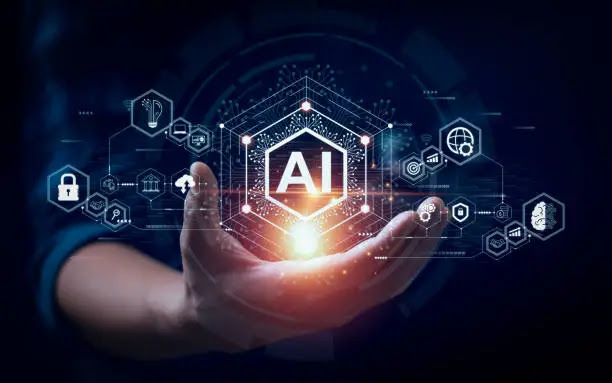Understanding Artificial Intelligence (AI) Definition Working and Applications
In the modern era of technological advancements, Artificial Intelligence (AI) has emerged as a groundbreaking concept that is reshaping various aspects of our lives. This article will provide a comprehensive overview of what AI is, how it functions, and its diverse applications in different industries.
Introduction to Artificial Intelligence (AI)
Artificial Intelligence, commonly referred to as AI, is the simulation of human intelligence in machines that are programmed to think, learn, and perform tasks that typically require human intelligence. It encompasses a wide range of technologies, including machine learning, natural language processing, and robotics.
How AI Works
At its core, AI involves the creation of algorithms and systems that enable machines to mimic human cognitive functions. Machine learning is a subset of AI that allows systems to improve their performance on a task through learning from data. This learning process involves training algorithms on massive datasets to recognize patterns and make predictions.
Types of AI
There are two primary types of AI: narrow or weak AI, and general or strong AI. Narrow AI is designed to perform specific tasks and is prevalent in applications like virtual personal assistants and recommendation systems. On the other hand, general AI possesses human-like cognitive abilities and can perform a wide range of tasks that require human intelligence.
Applications of AI
AI has found applications in numerous industries, revolutionizing the way we work and live:
Healthcare: AI is used for disease diagnosis, drug discovery, and personalized treatment recommendations, improving patient care and outcomes.
Finance: In the financial sector, AI algorithms analyze market trends, manage investment portfolios, and detect fraudulent activities.
Autonomous Vehicles: AI plays a crucial role in self-driving cars, enabling them to perceive their surroundings, make decisions, and navigate safely.
Retail: AI-powered recommendation systems enhance customer experiences by suggesting products based on preferences and purchase history.
Manufacturing: Robots equipped with AI can perform complex tasks, leading to increased efficiency and precision in manufacturing processes.
Natural Language Processing: AI-driven language processing technologies enable chatbots and virtual assistants to understand and respond to human language.
The Future of AI
As technology advances, AI is poised to become even more integrated into our daily lives. However, ethical considerations surrounding AI, such as data privacy and job displacement, must be carefully addressed.
Conclusion
Artificial Intelligence is a transformative force that holds immense potential to reshape industries and improve various aspects of human life. From healthcare to finance, its applications are vast and ever-expanding. As we continue to harness the power of AI, it is essential to strike a balance between technological advancement and ethical considerations to ensure a brighter future for all.



Comments
Post a Comment